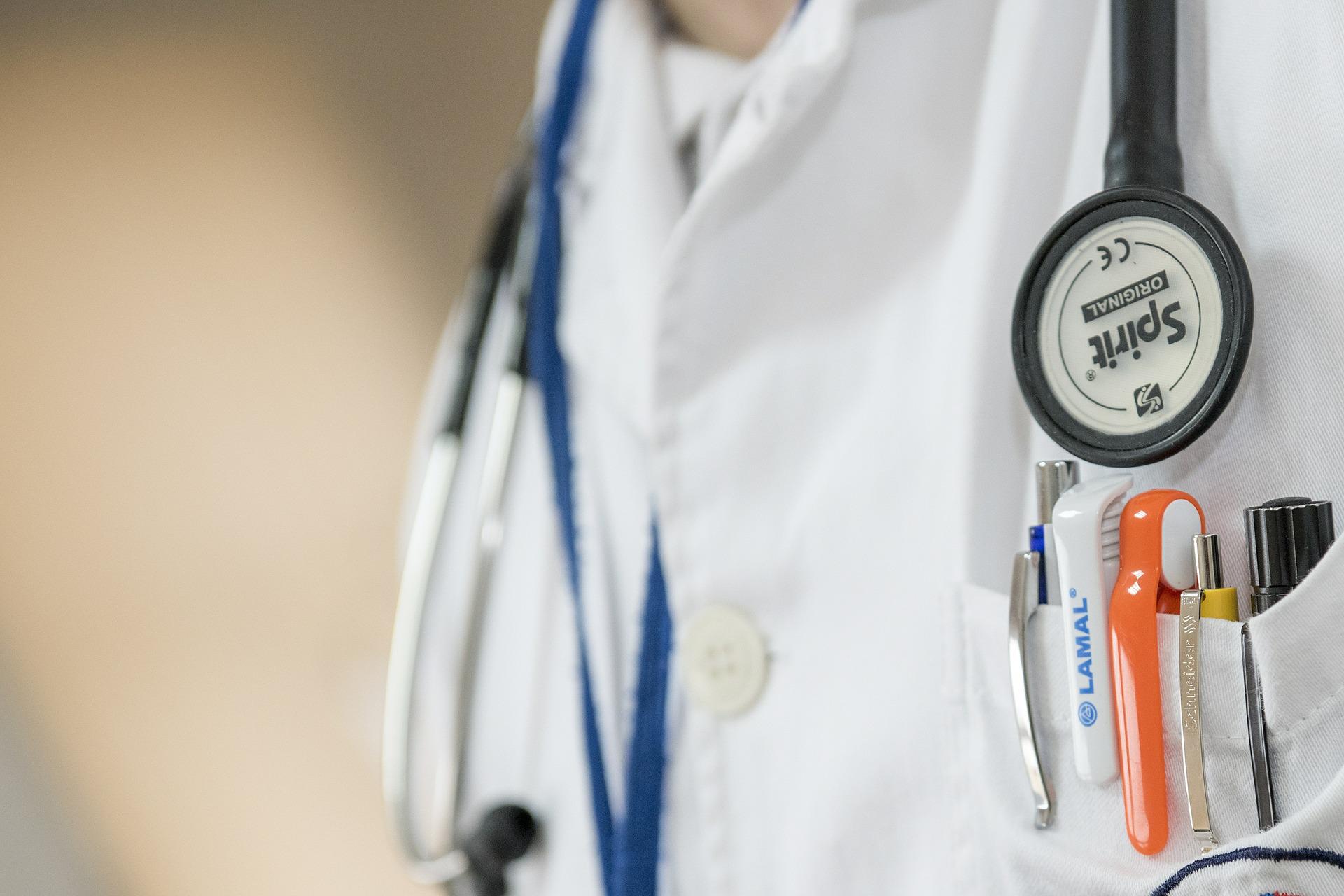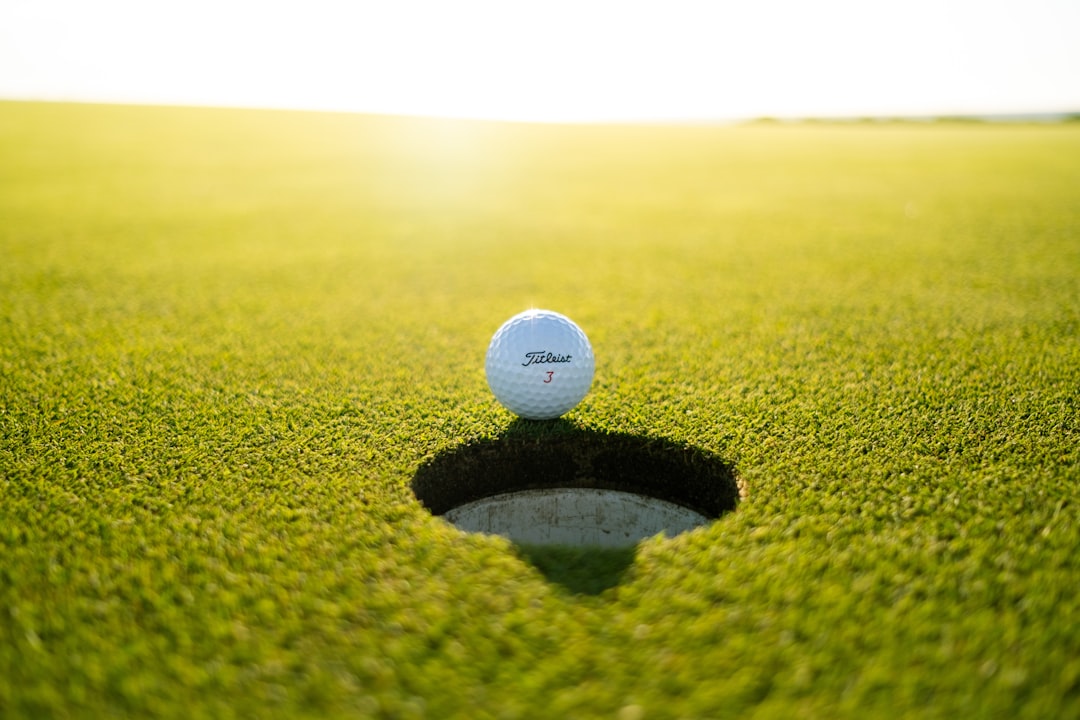A concussion is a trauma to the brain that causes inflammation and the temporary breakdown of tiny structures in the brain. These brain cells cannot communicate with each other or complete cognitive processes, so other neural pathways are forced to pick up these functions. While the brain usually recovers to a normal state once the inflammation goes down, patients can experience prolonged symptoms lasting for days, weeks, or even months. The symptoms may persist for months or even years in some severe cases.
Exercise
One of the most important aspects of concussion recovery is exercise. While many people may think of head injuries as a physical injuries, they can also affect their mental state. This is why it is important to avoid overdoing it, as over-exercising may worsen symptoms. Fortunately, some safe exercises can help with the recovery process. Below are some suggestions:
Aerobic exercise: This exercise has been shown to speed concussion recovery and maybe the only treatment recommended for adolescent athletes. In a new study, adolescent athletes were given aerobic exercises for at least five days after the injury. The study also included two new locations affiliated with the University of Buffalo. In addition, another site was affiliated with the Children’s Hospital of Philadelphia and the Harvard Medical School.
Relative rest
24 to 48 hours of relative rest is required for most concussed individuals, including activity that does not trigger symptoms. Afterward, you should gradually add more cognitive activities to your daily routine, paying attention to how your body responds. If your symptoms return, you should reduce the level of activity and consult with a physician. The length of brain rest depends on the severity of your concussion and the nature of your job.
The current guidelines on the return to activity for concussion recovery focus on physical and cognitive rest. While many concussion studies stress cognitive rest, there is a significant difference between rest and academic adjustments. Graduated return-to-activity protocols appear to improve patient outcomes and have proven effective. In addition, they are consistent with current best practices in health care. Despite these differences, there are still many recommendations that can help you improve your concussion recovery.
Avoiding alcohol
You may wonder whether or not drinking alcohol will affect your recovery from a concussion. Fortunately, most people abstain from alcohol after a concussion. However, while alcohol consumption may seem like a no-brainer, it will delay the process and worsen your symptoms. Not only will alcohol delay the healing process, but it will also prolong inflammation and disrupt the normal communication between brain cells. That’s not the recovery you’d like to have, so you should avoid alcohol during your recovery process.









